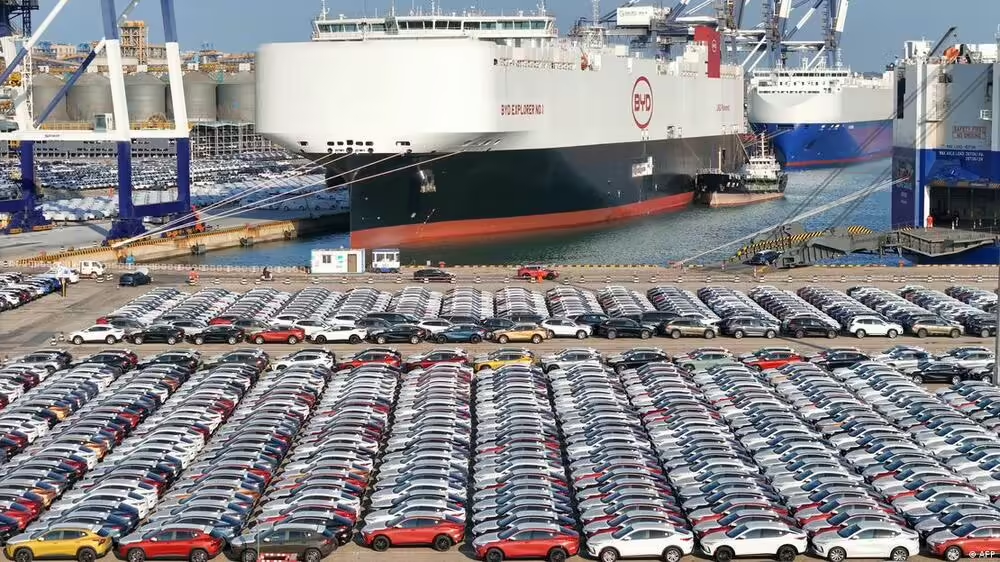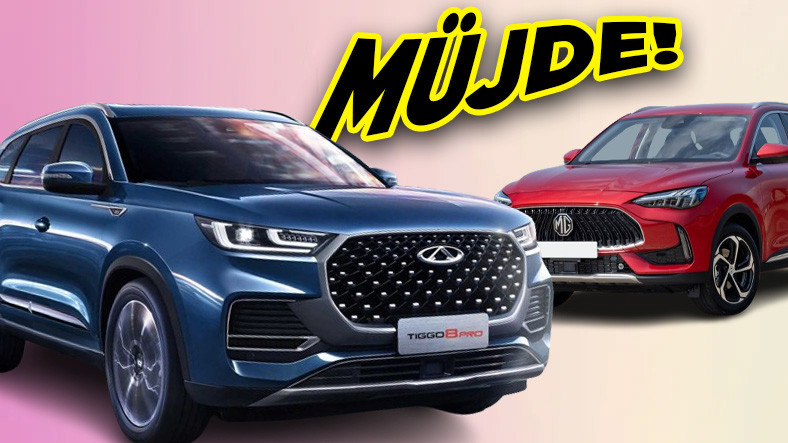BMW accused the European Union of protectionism – a policy aimed at restricting imports and promoting the production of similar domestic goods and services.
BMW has tried to block a new tax on Chinese electric cars, but the company eventually conceded defeat, warning that the move would “seriously violate the principle of free trade.” BMW opposes the tariffs because of fears of retaliatory pressure on its exports to China, one of Europe’s biggest markets.
BMW CEO Oliver Tsipse said: “The introduction of additional import duties leads to a dead end. This does not strengthen the competitiveness of European manufacturers. On the contrary, it not only damages the business model of companies operating globally, but also limits the supply of electric vehicles to European consumers and could even slow down the decarbonization of the transport sector. Such measures seriously violate the principle of free trade that the EU promotes.”
Europe’s largest carmaker, Volkswagen, also criticised the proposed tariffs and warned they would not strengthen the European auto industry in the long run.
“The negative consequences of this decision outweigh any benefits for the European and especially German automotive industry,” a Volkswagen representative said. As reported, the European Union has imposed additional duties of up to 37.6% on imports of electric vehicles produced in China.













